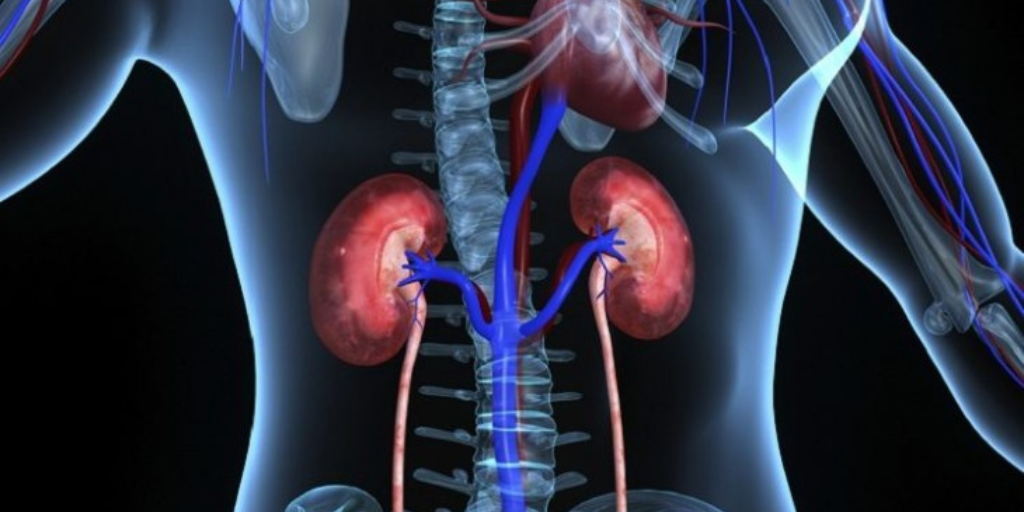Post-Renal Transplant
- +91 90537-79477
- nephrons2024@gmail.com
- Near Tinkoni, GT Road, Bathinda

Post-Renal Transplant In Bathinda
A kidney transplant is a life-changing surgery for individuals with advanced chronic kidney disease (CKD) by offering a new, functioning kidney. However, the journey doesn’t end after surgery. Careful post-transplant follow-up is essential to monitor the success of the transplant, prevent complications, and optimize the lifespan of the transplanted kidney.
Importance of Post-Renal Transplant Follow-Up:
Regular follow-up appointments with your nephrologist (kidney specialist) are crucial after a kidney transplant. These visits allow your doctor to:
Monitor Kidney Function:
Blood tests and urine tests are used to assess the transplanted kidney’s function and identify any signs of rejection.
Manage Immunosuppression:
Medications that suppress your immune system are necessary to prevent your body from attacking the transplanted kidney. These medications require close monitoring to ensure effectiveness while minimizing side effects.
Screen for Complications:
Early detection and treatment of potential complications like infections, high blood pressure, or cytomegalovirus (CMV) infection can significantly improve transplant outcomes.
Optimize Overall Health:
Regular check-ups allow your doctor to address any other health concerns and maintain your overall well-being.
What to Expect During Follow-Up Visits:
The frequency of follow-up visits will be most frequent in the initial months after transplant and gradually decrease over time as your condition stabilizes. Here’s what you might expect during these visits:
Physical examination:
Your doctor will check your general health and assess the transplanted kidney for any signs of tenderness or swelling.
Blood tests:
These tests evaluate kidney function, monitor immunosuppressant medication levels, and screen for infections or other abnormalities.
Urine tests:
Urine analysis can provide insights into kidney function and identify potential infections.
Imaging studies:
Ultrasound or other imaging tests may be used occasionally to assess the transplanted kidney’s blood flow or anatomy.
Medication adjustments:
Your doctor may adjust your immunosuppressant medications based on test results and your individual needs.
Education and support:
The healthcare team will provide education on managing your medications, maintaining a healthy lifestyle, and recognizing signs of complications.
Long-Term Care and Considerations:
Post-transplant care is a lifelong commitment. Here are some key aspects of long-term management:
Medication adherence:
Taking your immunosuppressant medications exactly as prescribed is crucial to prevent rejection.
Healthy lifestyle:
Maintaining a healthy diet, regular exercise, and adequate sleep promote overall well-being and support transplant success.
Vaccination schedule:
You may need specific vaccinations after transplant to protect yourself from infections.
Infection prevention:
Careful hand hygiene, avoiding sick contacts, and following guidelines for wound care are essential to minimize infection risk.
Regular follow-up:
Missing follow-up appointments can increase the risk of complications.
Open communication:
Discussing any concerns or side effects with your doctor is crucial for optimal care.
If you are facing problem any symptoms associated with post-renal transplant , consulting a nephrologist is essential. Early detection and diagnosis are crucial for effective management.
Enhance your kidney health expert treatment by the best nephrologist in Bathinda. Book a session or contact Us on WhatsApp now!